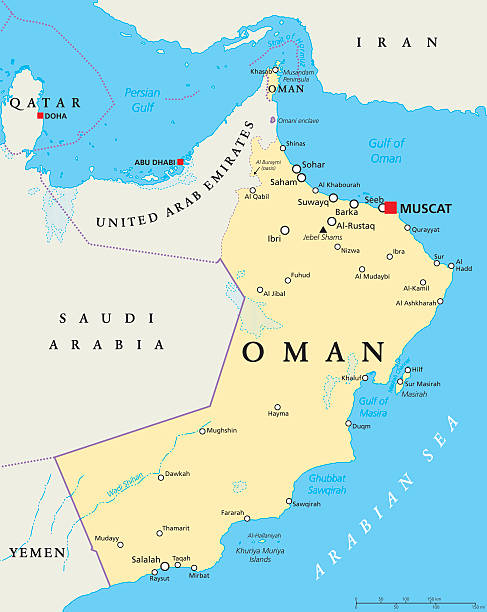“Why must you fast this year? You’re fully aware of your cancer,” my mother exclaimed, her anxiety exacerbated by my father’s decision to fast in his final years. To me, it was routine that my father observed fasting during the sacred month of Ramadhan, despite being a devoted Hindu who ensured our family visited the Lord Shiva temple every Saturday. Our ritual involved lighting a lamp beneath a sacred peepal tree and circumambulating it, the purpose of which remained a mystery. However, we carried out these practices naturally, without hesitation. During my childhood, I once asked him why he did fasting each year despite not being a Muslim. In his serene demeanor, he would calmly respond that it was his modest contribution to a nation that facilitated his prosperity. I believe it was also his way of demonstrating to his children that spirituality transcends boundaries, whether within a temple, mosque, or church.
Growing up in Oman, located in the Arabian Peninsula, opened my eyes to the challenges faced by minority groups in predominantly Muslim societies. The tolerance exhibited by the majority played a crucial role in determining the well-being of the minority. Although there were some restrictions, they were comparatively lenient in contrast to other Gulf nations. It was evident that the authorities aimed for the Indian communities to flourish, recognizing their potential as a workforce for the country’s development. Certain things were peculiar to Oman, making it unique compared to other Gulf countries. One notable aspect is its significant Hindu population, comprising nearly 5.5% of the total population. This presence is rooted in Muscat’s historical attraction for Hindu merchants, engaged in diverse trades such as pearls and grains, dating back centuries. The geographical location of Oman on the peninsula likely played a significant role in their migration from India. The introduction of Hinduism to Oman can be traced to 1507 when Kutchi-speaking Hindus from the Kutch region in India settled in Muscat, the country’s capital.

How did this diverse population benefit me during childhood? There were two occasions each year when my father would bring sweets home from his colleagues: Eid and Diwali. This ensured that my childhood cravings were fulfilled, fostering a sense of religious harmony even as it indulged my sweet tooth. Other experiences also shaped my understanding of religion, mostly thanks to my father. One memory stands out: encountering an elderly man who greeted us at the entrance of the Shiva temple. He stood guard at the temple and always greeted us with his customary ‘As-salamu alaykum’ to which we joyfully responded. Each time we visited, my father encouraged me to offer some money to the man. I often questioned why my father didn’t directly give him, but I realized this was his way of reinforcing in me the idea that we are all connected and should support each other.
Once again, Ramadan has arrived, and this time I find myself in India. The pervasive religious tensions within the country frustrate me to no end. I yearn to witness my homeland as a place where people of all faiths, castes, and creeds can coexist peacefully. As a Malayali, I’ve been fortunate to experience a predominantly secular environment thus far. Whether it’s a bus, auto-rickshaw, or any other form of public transportation, it has been customary to witness scenes akin to the one depicted below throughout the state.

What impact does this have on a 10-year-old boarding the bus? Much like the image portrays, it emphasizes that one is to embrace each other.
At this moment, I’d like to reference Carl Sagan’s poignant reflection from his celebrated work “Pale Blue Dot,” where he eloquently portrays Earth as a Pale Blue Dot and states: “But for us, the dot is different. Consider again that dot.The aggregate of our joy and suffering, thousands of confident religions, ideologies, and economic doctrines, every hero and coward, every creator and destroyer of civilization, every king and peasant, every young couple in love, every mother and father, hopeful child, inventor and explorer, every teacher of morals, every corrupt politician, every “superstar,” every “supreme leader,” every saint and sinner in the history of our species lived there – on a mote of dust suspended in a sunbeam.
Today, my longing isn’t for the sweets that I received during the Holy month, but rather to witness my fellow human beings living in harmony. I realize it may seem like a childish dream, but isn’t that the essence of life in the end? To seek paradise in the world we inhabit.
رمضان كريم
